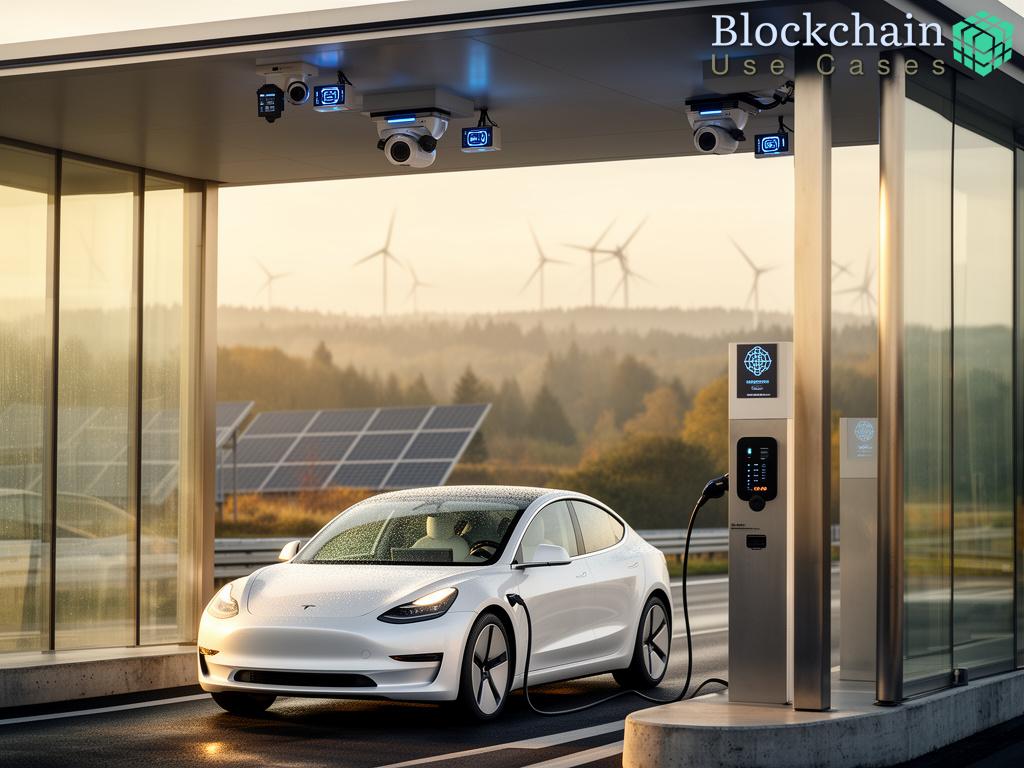Unleashing the Power of Decentralization

In an era where urban congestion is at an all-time high, the advent of decentralized platforms is paving the way for innovative solutions in traffic management and smart parking. These platforms harness the power of the Internet of Things (IoT) to create a seamless connection between vehicles, infrastructure, and city services. By leveraging decentralized networks, cities can optimize traffic flow, reduce emissions, and enhance the overall driving experience.
Transforming Traffic Management with IoT
The integration of IoT technology into traffic management systems fundamentally transforms how cities operate. Traditional centralized systems often face challenges such as bottlenecks, slow response times, and data silos. In contrast, decentralized platforms enable real-time data sharing among various stakeholders, including traffic management centers, municipalities, and drivers.
This open data architecture fosters collaboration and empowers drivers with timely information about road conditions, traffic jams, and alternative routes. With the help of predictive analytics, cities can proactively manage traffic signals, reroute vehicles during peak hours, and even anticipate congestion before it occurs, creating a smoother and more efficient urban environment.
Smart Parking Solutions: A Decentralized Approach
Parking has long been a headache for urban dwellers, but IoT-based decentralized platforms are changing the game. By connecting vehicles with available parking spots, these systems eliminate the frustration of circling blocks in search of a space. Using mobile applications, drivers can receive real-time updates on parking availability, reserve spots in advance, and even utilize dynamic pricing models to find the most cost-effective options.
Moreover, decentralized platforms can facilitate peer-to-peer parking, where individuals can rent out their unused spaces to others. This not only maximizes the use of available real estate but also generates income for property owners, creating a win-win scenario for all involved.
Below is a comparison of the benefits of decentralized platforms versus traditional traffic management systems:
- Efficiency: Decentralized systems allow for real-time adjustments, reducing traffic congestion significantly.
- Data Sharing: Open access to data fosters collaboration and innovation among various stakeholders.
- Cost-Effectiveness: Smart parking solutions reduce costs for both users and municipalities.
- Flexibility: Adaptable to changing urban dynamics and user needs.
As cities continue to evolve, the integration of decentralized platforms for IoT-based traffic management and smart parking will undoubtedly play a crucial role in shaping the future of urban mobility. With the promise of enhanced efficiency, sustainability, and user experience, it’s clear that innovation is steering us into a new era of intelligent city solutions.





